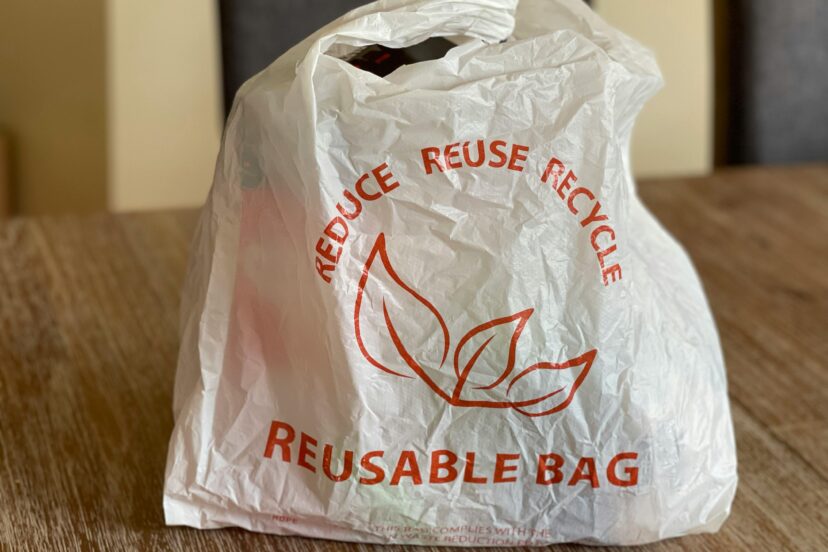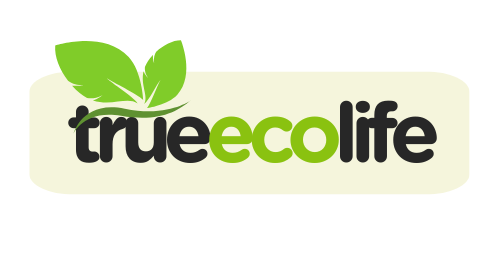How To Be An Eco-Conscious Consumer
We may earn a commission for purchases made using our links. Please see our disclosure to learn more.
In a world full of fast fashion, disposable items, and one-click buying, becoming an eco-conscious consumer might seem daunting. But here’s the truth: it doesn’t have to be. Making major improvements does not need you to live off the grid or spend a fortune. It begins with awareness, followed by deliberate action.
This guide will bring you through tiny but effective methods to lower your carbon footprint, support ethical businesses, and live more sustainably—without sacrificing convenience or comfort.
Why Eco-Conscious Consumption Matters
Each purchase we make is a signal to the market. Purchasing items that are created in subpar conditions, encased in plastic, or are prone to breaking easily? This indicates to industries that we tolerate exploitation and waste. Conversely, deciding on ethical and sustainable products communicates to them our desire for improvement.
According to the United Nations Environment Programme, nearly two-thirds of global emissions stem from household consumption—meaning what we eat, wear, and throw away has a major impact. As eco-conscious consumers, we can tip the scales toward a more sustainable future.

Small Habits That Lead to Big Change
You don’t need to be zero-waste or vegan to make a difference. These everyday habits can add up fast:
Mindful Shopping
Before clicking “add to cart,” pause. Ask yourself:
- Do I actually need this?
- Could I thrift it, share it, or find a pre-loved version instead?
- Is there a more sustainable alternative?
This mindset shift is often the beginning of more intentional living.
Buy Less, Choose Well
Sustainable living doesn’t mean buying more “eco” things—it means buying fewer, better things. High-quality clothes, reusable containers, and durable tools may cost more upfront but pay off in longevity.
Ditch the Single-Use
From plastic bags to paper napkins, single-use items create long-term waste for short-term convenience. Reusables like glass containers, beeswax wraps, and cloth towels are simple swaps that cut down on daily trash.
You can also reduce plastic waste and harmful chemicals by switching to sustainable laundry detergent made with biodegradable ingredients and plastic-free packaging—a simple swap with a big environmental payoff.
Support Local and Ethical Brands
Buying from small, local businesses or certified ethical companies helps reduce transportation emissions and ensures fair labor practices. Plus, it often means better quality and customer service.
10 Eco-Friendly Products Worth Trying (Amazon Picks)
Need a little help getting started to become an eco-conscious consumer? These top-rated products make eco-living easier and more practical:
- Hydro Flask Stainless Steel Water Bottle
Keep drinks hot or cold all day—and skip single-use bottles for good. - Stasher Reusable Silicone Food Bags
A microwave- and dishwasher-safe replacement for disposable zip bags. - Bee’s Wrap Assorted 3-Pack
Wrap your leftovers in these stylish, reusable waxed cotton sheets. - Grove Co. Refillable Glass Cleaner Kit
Just add water and a refill pod—no plastic waste, no harsh chemicals. - Seventh Generation Toilet Paper
Seventh Generation Toilet Paper is crafted entirely from recycled paper, free from added dyes and artificial scents. - Compost Bin for Kitchen Counter
A sleek, odor-proof way to turn food scraps into garden gold. - Philips LED Light Bulbs
Energy-saving and long-lasting—one of the easiest sustainable swaps. - Full Circle Walnut Scrubber Sponges
Plant-based, biodegradable sponges that tackle tough messes. - If You Care Reusable Paper Towels
Washable and reusable up to 100 times—goodbye, single-use rolls. - Organic Beeswax Bags
A plastic-free alternative to snack bags made with organic cotton and beeswax.
Each of these products supports a specific change—whether it’s ditching plastic or reducing household waste—and fits seamlessly into modern life.

Understanding the Impact: What Science Says
When it comes to climate change and sustainability, individual action does matter—and the numbers back it up.
A 2023 study published in Scientific Reports tracked users of a Swedish carbon calculator and found that eco-conscious consumers reduced their personal carbon footprints by about 10% within just a few weeks. This shift was largely driven by more sustainable purchase decisions and a temporary reduction in overall consumption.
Another study in the Environmental and Resource Economics journal emphasized that even small behavioral changes—like cutting back on high-emission items or choosing eco-labeled products—can lead to meaningful reductions in environmental impact.
These studies show that awareness is powerful—but combining awareness with tools and accountability is even more effective. When people track their impact and have the means to adjust their habits, change happens fast.
So yes, your reusable coffee cup, thrifted jacket, and meatless Monday do count.

The Power of Conscious Choices
Every item you buy, every company you support, and every piece of trash you avoid is a small rebellion against overconsumption. Choosing secondhand jeans over new fast fashion or refilling your own cleaner bottle may seem minor, but multiply that by millions of people doing the same—and the impact is profound.
When you buy with purpose, you’re shaping the economy to reward responsibility and long-term thinking. Brands that prioritize sustainability—like Patagonia and Thrive Market—are helping lead the way.
The best part? You’re not in this by yourself. Online communities, Reddit threads, and Pinterest boards are full of people making these swaps every day. Share your journey and you’ll inspire others, too.
Conclusion
Living more sustainably is not a trend—it’s a mindset. Being an eco-conscious consumer doesn’t require perfection. What it does require is intention.
Start with small, achievable changes. Maybe it’s skipping bottled water this week or thrifting your next outfit instead of buying new. From there, let your values guide your wallet.
Remember, every product you say “yes” to shapes what the world produces more of. So let your next “yes” be a powerful one—for you, for your community, and for the planet.
FAQs
What does being an eco-conscious consumer mean?
It means making purchasing decisions that prioritize environmental and ethical responsibility. You focus on sustainability, waste reduction, and long-term impact.
Is it expensive to live sustainably?
Not always. Eco-friendly items might have a higher initial price, but they tend to be more cost-effective in the long run. Reusables replace single-use items, and buying less saves more.
What signs should I look for to know if something is genuinely sustainable?
Look for certifications like Fair Trade, USDA Organic, FSC, or B Corp. Also, check company transparency, packaging materials, and customer reviews.
What are the first steps I should take?
Start simple: bring your own bag, switch to LED lights, cut down on plastic, and buy only what you need. One swap leads to another.
Do small changes really make a difference?
Yes. Individual actions scale quickly. Plus, your habits can inspire others. Think of it as collective power, one conscious choice at a time.




